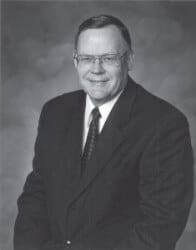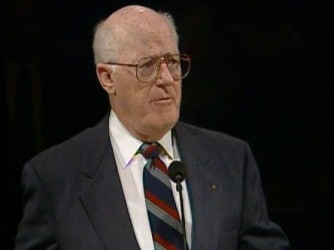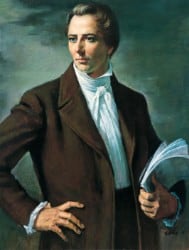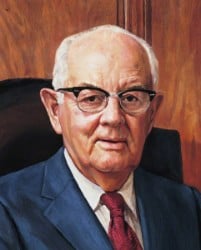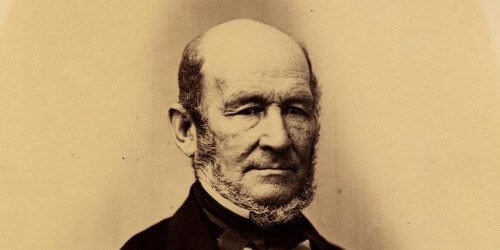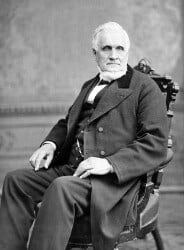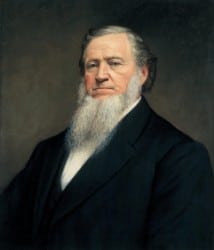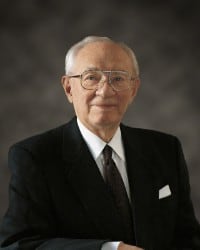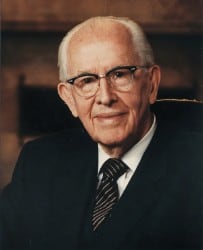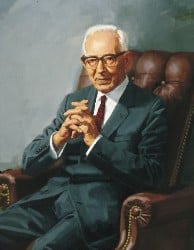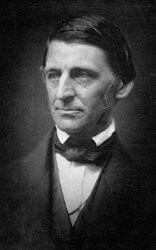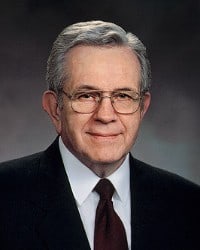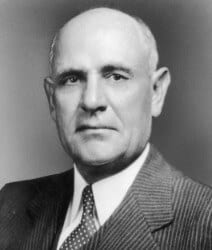. . . the earth and its heaven shall, after passing away through death, be renewed again in immortality. This earth is living and must die, but since it keeps the law it shall be restored through the resurrection by which it shall become celestialized and the above of celestial beings. The next verse of this revelation explains this as follows: [D&C 29:24-25]
“So we see that the Lord intends to save, not only the earth and the heavens, not only man who dwells upon the earth, but all things which he has created. The animals, the fishes of the sea, the fowls of the air, as well as man, are to be recreated, or renewed, through the resurrection, for they too are living souls.” (President Joseph Fielding Smith, Conference Report, Oct. 1928, pp. 99-100; see also D&C 88:17-19, 25-26.)
Doctrine and Covenants Student Manual
| Doctrine and Covenants Student Manual, p. 62
Topics: Animals, Creation, Nature, Resurrection
